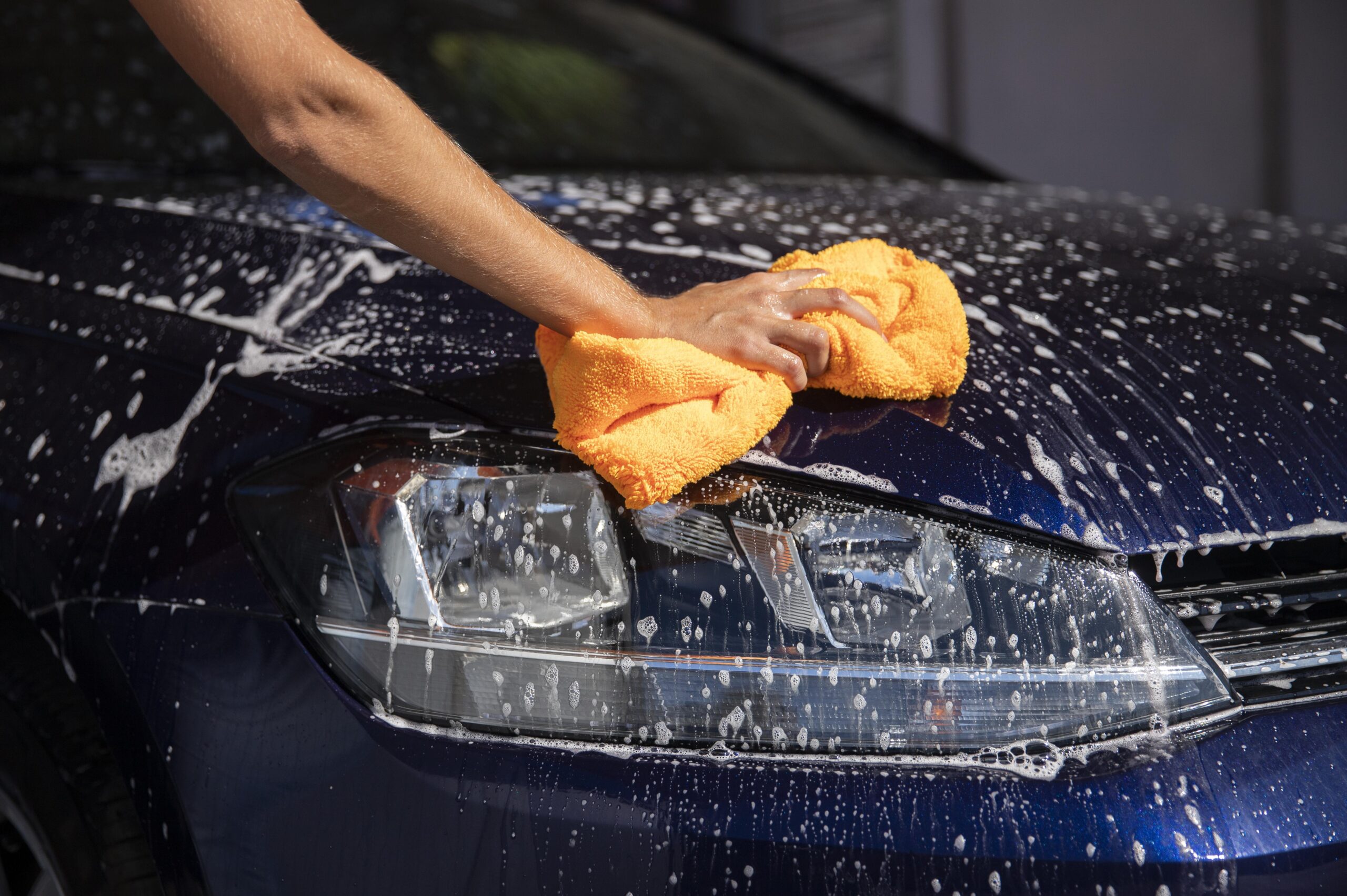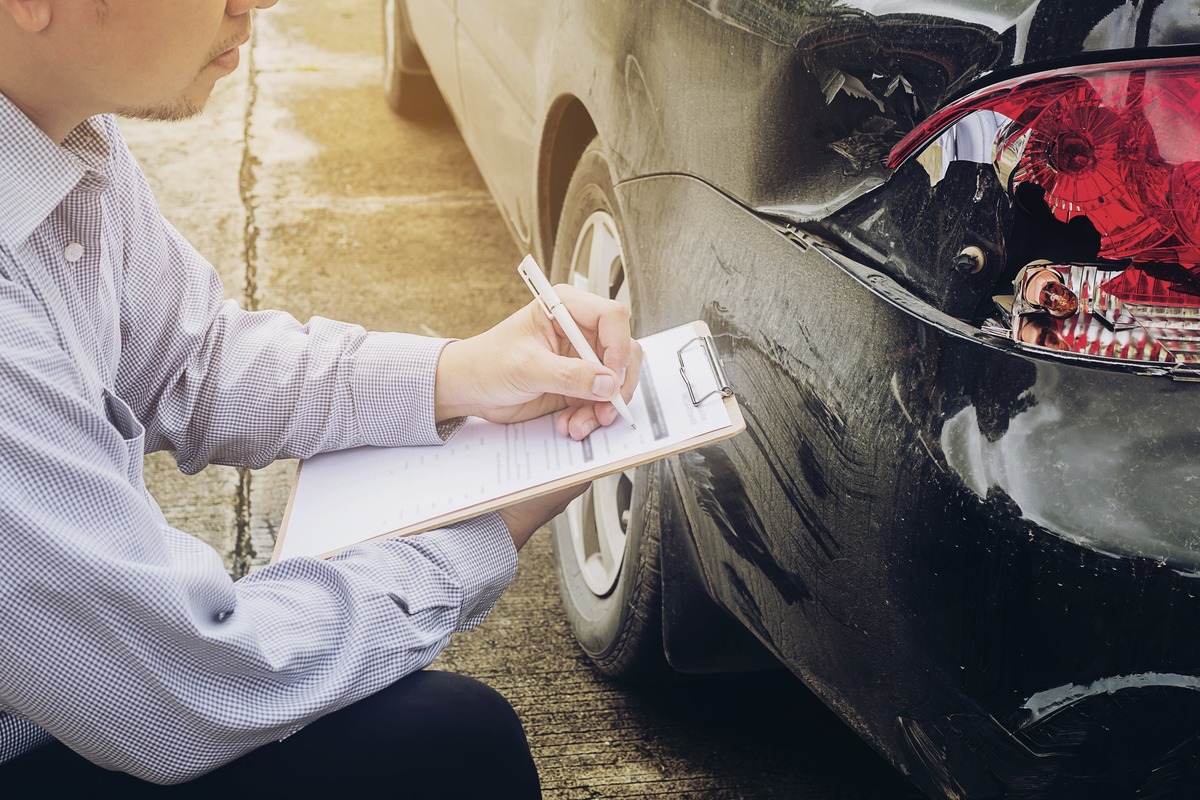Put Petrol in a Diesel Car by Mistake? Quick Fixes Here
Accidentally filling up a diesel car with petrol happens more often than you might think. While it’s an understandable error, the consequences can be severe if not addressed quickly. Putting petrol in a diesel car can cause engine damage, increase repair costs, and even lead to complete breakdowns if not handled appropriately. But don’t worry—we’re here to provide straightforward steps for what to do next if you’ve made this mistake. Whether you’re at the petrol station or miles away, we’ve outlined quick and effective steps to prevent long-term damage to your vehicle.
Why Petrol in a Diesel Car is a Big Problem
Putting petrol in a diesel car by mistake introduces a range of mechanical issues. Diesel engines rely on the lubrication properties of diesel fuel to function efficiently. Petrol, on the other hand, lacks these lubricating qualities, making it abrasive to parts like the fuel pump and injectors. When petrol mixes with diesel, it disrupts the engine’s performance, leading to potential overheating, loss of power, and even severe damage to fuel injection systems.
Immediate Risks of Petrol in Diesel Engines
- Reduced Lubrication: Diesel fuel lubricates essential components, whereas petrol strips away this lubrication, causing wear on parts like the fuel pump and injectors.
- Engine Misfiring: Diesel engines use fuel compression, and petrol ignites differently, which can lead to misfires, knocking, or even engine shutdown.
- Fuel System Damage: Petrol can damage diesel fuel filters, injectors, and fuel lines due to its lower viscosity and differing chemical properties.
What to Do If You’ve Put Petrol in a Diesel Car
1. Stop Driving Immediately
The moment you realize you’ve put petrol in your diesel car, stop driving and turn off the engine. Driving increases the likelihood of circulating petrol throughout the system, which can lead to more costly damage. Leaving the car off minimizes the damage to the internal engine parts.
2. Don’t Try to Start the Engine
Avoid starting or restarting the engine after filling up with the wrong fuel. Even attempting to start it can draw the petrol further into the diesel system, causing further damage. The goal is to keep the petrol contained to the fuel tank rather than spreading it through the entire system.
3. Call for Professional Help
If you’re at a petrol station, notify the station attendants, and call for roadside assistance or a specialized fuel drain service. Many of these services offer mobile assistance and can drain the contaminated fuel from your vehicle on-site. While waiting, keep your car off to prevent further problems.
4. Consider Using a Fuel Drain Service
A fuel drain service can completely remove the petrol from your diesel tank, often without needing to tow the vehicle. Fuel drain services will typically:
- Drain the entire tank of petrol and any diesel contaminated by it.
- Flush the fuel system to remove any lingering petrol.
- Refill with diesel (if requested), ensuring your car is safe to drive.
These professionals have the tools and knowledge to handle the issue effectively, allowing you to avoid additional costs and damage.
Long-Term Damage: How Petrol Affects Diesel Engines
If petrol circulates through the diesel engine, it can lead to long-term issues. Here’s what you should know about potential damage and repair costs.
Fuel Pump and Injector Damage
Diesel injectors and pumps are highly sensitive components designed to work under specific pressure with diesel’s lubricating properties. Petrol lacks the necessary viscosity, which can lead to wear on these parts. Long-term exposure to petrol causes components to grind and seize, leading to injector and fuel pump failure.
Contaminated Fuel Lines and Filters
Petrol will quickly degrade diesel fuel filters and lines, which are not designed to handle petrol. Replacing these can be costly, especially if the petrol remains in the system for an extended period. Regularly replacing filters after a petrol mishap can help restore your car’s health, but some damage may still persist.
How to Prevent Putting Petrol in a Diesel Car in the Future
1. Double-Check Fuel Pumps and Labels
Most petrol stations have clear labeling, but it’s easy to overlook them if you’re in a hurry. Take a moment to confirm the correct pump and label before refueling. Many drivers find it helpful to develop a habit of checking twice.
2. Use Fuel Cap Reminders
Several devices on the market help prevent misfuelling. These include fuel cap reminders and anti-misfueling devices that fit into the tank opening, allowing only the correct nozzle to fit. Installing these can give you added confidence at the pump.
3. Stick to a Routine
Routines can help prevent errors. Always use the same petrol station and develop a habit of filling up on specific days or times. Consistency helps reduce the chance of picking up the wrong pump.
READ MORE: The Impact of Adding 20 Litres of Petrol in Diesel Car
What Happens After Petrol is Drained from a Diesel Car?
Once a professional has drained the petrol and flushed the system, they’ll often recommend refilling with fresh diesel and potentially adding a lubricant to help restore the engine’s function. After the drainage and flushing process, keep an eye on your vehicle’s performance. A few warning signs that indicate lingering issues include:
- Unusual Sounds: Any knocking, grinding, or unusual sounds should be checked immediately.
- Loss of Power: If your car is struggling to accelerate, it may be due to fuel pump or injector issues.
- Engine Warning Lights: Modern vehicles often have warning lights that detect irregularities within the engine.
How Much Does Fixing Petrol in a Diesel Car Cost?
The cost of fixing a petrol misfueling issue varies based on how much petrol entered the system and whether it circulated. For minor cases where petrol is drained immediately, costs might be relatively low, covering only the fuel drain service. However, if petrol has circulated, repair costs may include replacing fuel injectors, fuel pumps, filters, and flushing the entire fuel line.
Insurance and Misfuelling
Some car insurance policies offer coverage for misfueling incidents. It’s wise to check your insurance policy details to understand whether you’re covered for such events. If covered, your policy might assist with the fuel drain service cost or more extensive repairs if required.
Conclusion
Misfuelling is a common and understandable mistake, but it’s one that requires swift action. The key steps—stopping the engine, avoiding restarts, and calling for professional help—can make the difference between minor inconvenience and significant repair costs. If you’re proactive in dealing with the issue and follow preventive tips for future refuels, you can safeguard your diesel engine from potential damage. Remember, the best course of action is always to act quickly and rely on experts to prevent long-lasting issues.
Read more insightful articles here.














Post Comment